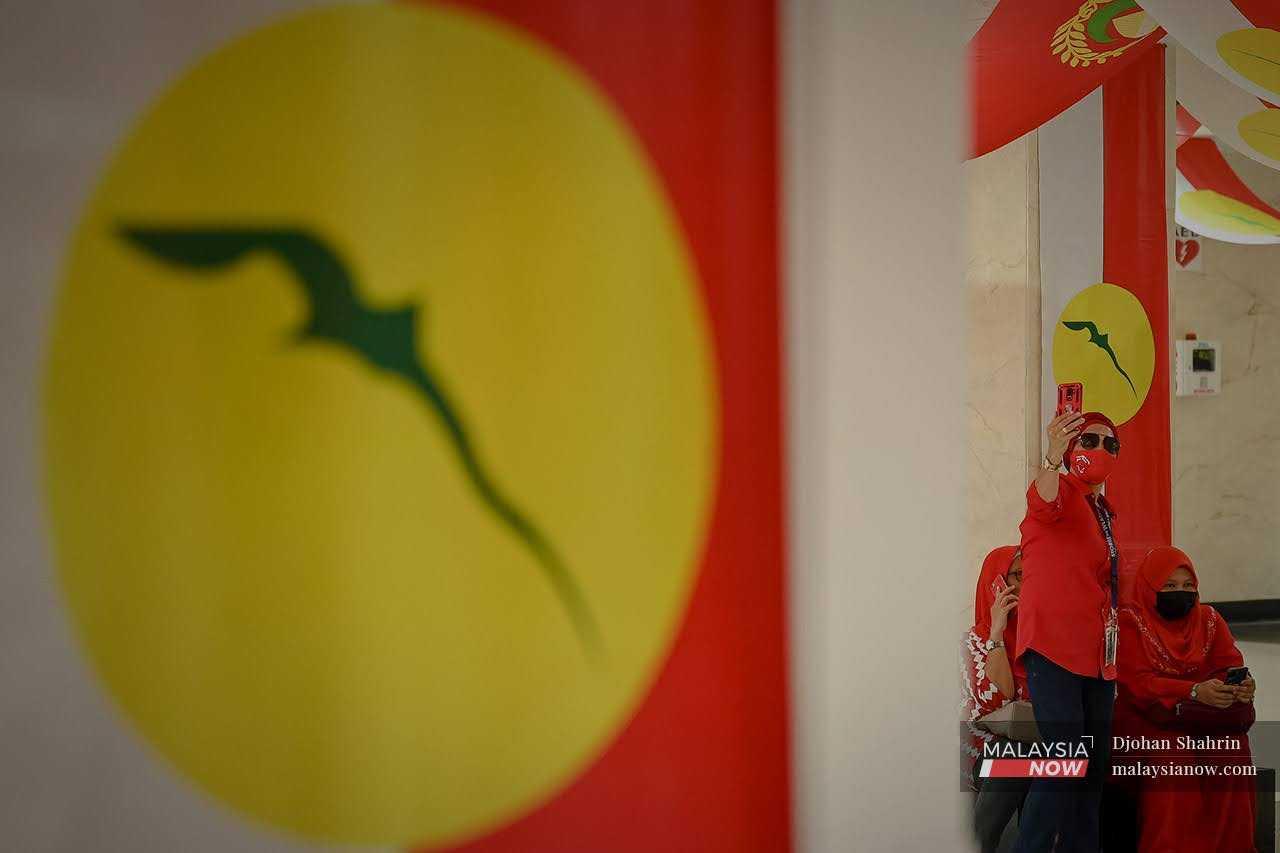From the frying pan to the fire for Umno as Malay support wavers
Its situation may not improve through cooperation with Pakatan Harapan.
Just In
Although it is set to form a unity government with Pakatan Harapan (PH), analysts say that Umno, the country's biggest Malay party, may be hanging by a thread following its decision to work with its long-time foe in backing Anwar Ibrahim as Malaysia's 10th prime minister.
This is largely due to its drastic slide in Malay support, with both Umno and its coalition Barisan Nasional (BN) losing traditional "safe" seats by the drove to Perikatan Nasional (PN) at the recent general election.
BN as a whole won only 30 seats – its worst election performance ever, and far fewer than PN and PH which won 73 and 82 seats respectively.
With only 26 seats of its own in the Dewan Rakyat – just over half the number held by PN component PAS, which won 49 – Umno's future appears to be up in the air.
Political observer Azizi Safar said any move to join hands with PH and its biggest component party DAP would be a mistake for Umno.
"The Malays, especially those from the rural areas who have been Umno's vote bank, still cannot accept DAP which they see as a chauvanist party that is anti-Malay and anti-Islam.
"This time around, Umno was dealt a heavy blow. After the next election, it might just get a death blow," he said.
Several Umno leaders had said in the wake of the 15th general election (GE15) that the party should remain in the opposition.
They included Johor Menteri Besar Onn Hafiz Ghazi, Sembrong MP Hishammuddin Hussein and Bera MP Ismail Sabri Yaakob, both of whom had said that they were willing to be sacked for not toeing the party line on cooperating with PH.
Azizi, a former Penang BN secretary, said the Malays were rejecting Umno because of its president Ahmad Zahid Hamidi, who is embroiled in corruption charges despite his recent acquittal of some.
The Bagan Datuk MP still faces 47 charges linked to funds from charity outfit Yayasan Akalbudi.
Analyst Mazlan Ali meanwhile said Umno's decision to work with PH would benefit it in terms of avoiding the overlaps in seats which it would otherwise experience if it cooperated with PN.
"Umno could focus on the Malay seats while PH could focus on the multiethnic seats.
"The overlap of seats and party interests would then be minimal – unlike with PN, which would clash with Umno in Malay seats," Mazlan, of Universiti Teknologi Malaysia, said.
Together, PAS and fellow PN component Bersatu made a clean sweep of the seats in Kelantan and Terengganu, winning 14 in the former and eight in the latter.
A similar situation unfolded in Kedah, where PAS and Bersatu won 13 out of 14 seats with a huge majority.
The Padang Serai seat meanwhile will be contested on Dec 7. Polling was postponed following the death of a candidate, incumbent M Karupaiya.
"Many of the seats were considered safe seats for Umno," said Azizi. "But they lost to PN."
Umno will hold its party elections next year after postponing them several times ahead of GE15.
Cracks among the party's rank and file could be seen as far back as several years ago, with leaders split into two camps: the court cluster and the Putrajaya cluster.
Mazlan said Zahid could be expected to strengthen his grip on the party, as he appeared to be in full control despite calls for his resignation in the aftermath of the Nov 19 polls.
"The party elections will weaken Umno leaders who are seen as friendly to PN, such as Ismail, Annuar Musa and Khairy Jamaludin.
"It is highly probable that Zahid will defend his place in the party," he said.
Subscribe to our newsletter
To be updated with all the latest news and analyses daily.
